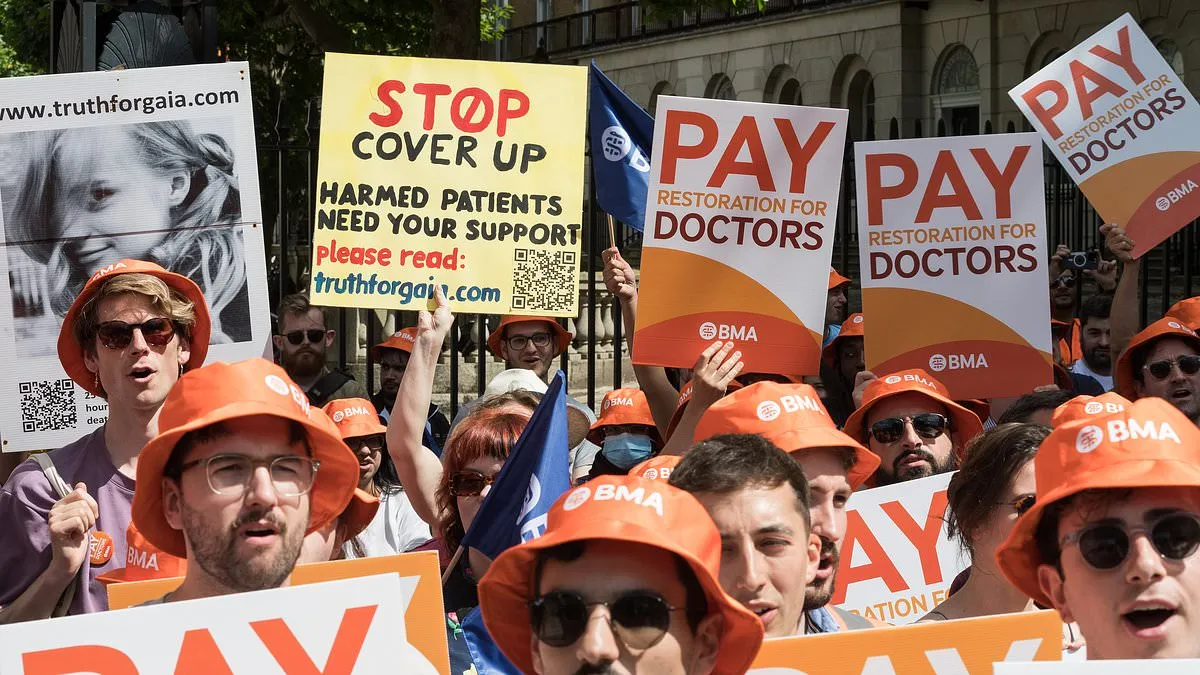Junior Doctors Pension Boost: Understanding the £13 Billion Impact

Junior doctors have recently been awarded a £177,000 pension boost as part of a government pay deal leading to an impressive 22 percent increase in earnings. This move, while beneficial for medical professionals, comes with substantial implications for taxpayers, totaling an estimated £13 billion burden on public finances.
Financial Implications of the Pay Deal
The financial landscape is transforming with such large-scale fiscal commitments. Here are some key points:
- Increased Taxpayer Burden: The burden on taxpayers could rise dramatically.
- Potential Cuts in Other Funding: This deal may necessitate reallocations in the health budget.
- Long-Term Economic Effects: The financial sustainability of healthcare initiatives may be challenged.
Broader Economic Considerations
This pension boost raises several critical questions about the sustainability of government spending and its broader impact on the economy.
This article was prepared using information from open sources in accordance with the principles of Ethical Policy. The editorial team is not responsible for absolute accuracy, as it relies on data from the sources referenced.